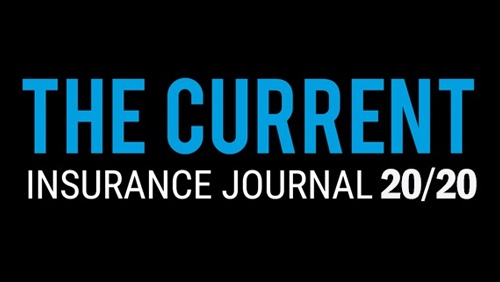
Let’s face it: no employer can be expected to know every facet of the employee benefits industry. That’s why you trust your broker and account management team to deliver strong health insurance options, as well as the rationale behind them, for consideration each year. Even so, there are 5 top benefits questions that should be on the minds of every HR pro.
1. How has my plan changed?
If you’ve been working with the same health & welfare benefits broker for a number of years, they should have strong insight into your business and how it is evolving. They should also know how your plan and insurance coverages have changed along the way.
For example, if your business has grown:
- Has your benefits program grown with it?
- Are you offering the same level of coverage as you did several years ago?
- Is your program working from an employee retention and satisfaction standpoint?
Arguably, that last question is the most important. The way your employees experience their healthcare coverages is one of the most important indicators of plan success. After all, they’re the reason you’ve established a benefits plan. If you aren’t sure how your health & welfare benefits are perceived, perhaps create surveys and feedback tools to gather input and make necessary changes.
Workforces are never static, so annual surveys are key to understanding what’s happening, especially as more than half of employees have left a job for something with better benefits.1
2. Am I getting the most of my data?
Data is as good as gold. It provides insight into everything from plan design and benchmarking to renewals. Your benefits broker should access as much of your data as possible from your carrier and provide tools to understand those numbers. Some employers partner with employee advocacy support that can produce real-time reporting on calls and inquiries coming from employees.
In addition to these top 5 benefits questions, ask what kind of data is tracked.
Your broker should be capturing benefit inquiries from employees, pharmacy utilization or demographic trends, etc. Note: some fully insured employers may have less access to data.
3. What does my fee cover?
Fee disclosure is a topic some benefits brokers balk at. But getting transparent is even more important when a renewal rate increases. It’s good to pinpoint the reason for an increase and to inquire if your broker is taking every step to mitigate that. For example, is your broker challenging the first renewal rate offered by the carrier? Why not?
Also, broker fees are all over the map, so make sure your fee is commensurate with the services you receive. Before you sign with a new broker, read and understand exactly what’s in the proposal of services and fees.
In the same vein, your service doesn’t necessarily start and end at enrollment. Many broker-client relationships include regular reporting, plan check-ups, employee education materials and sessions. Asking for confirmation of the fees associated with these services will ensure that you get the most from your benefits investment.
4. How are you staying on top of compliance changes?
We all know how rapidly regulations can change in a normal year, but the COVID-19 crisis prompted head-spinning updates to federal and state laws and guidance. The new reality: a failure to keep up with compliance details could threaten the health and financial welfare of employees and expose employers to costly fines for non-compliance.
During the crisis, did your broker preemptively track regulatory changes and tell you what they mean? Also, if your organization operates in multiple states or employs remote workers, your benefits must be compliant in each of those locations. Are you receiving regular benefits compliance notifications when regulations change or as new laws are adopted? No? Ask your broker why not.
5. Describe your team. What is being outsourced?
It takes a village to create and maintain a health and welfare benefits plan. Your account managers, plan designers, data analysts, ERISA attorneys and underwriters, among others, have important jobs to do.
Do you know if your brokerage has this team assembled on-site, or if they defer to third-party vendors? If you’re paying for vendors, are they cost-competitive? Did your broker shop those services on your behalf?
The best brokerages feature multidisciplinary teams that act quickly, cost-effectively and with data privacy in mind, all while delivering the best possible services and unified communications.
Here’s one more question: what’s your broker doing for you?
1HR Dive, “Half of US Workers Have Left Jobs After Finding Better Benefits Offers”





